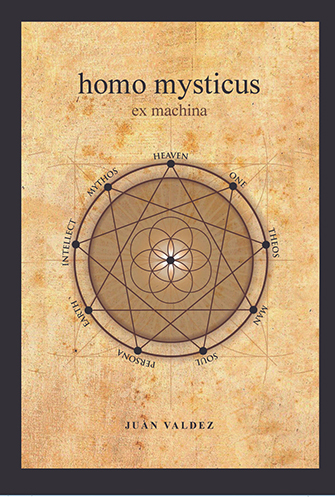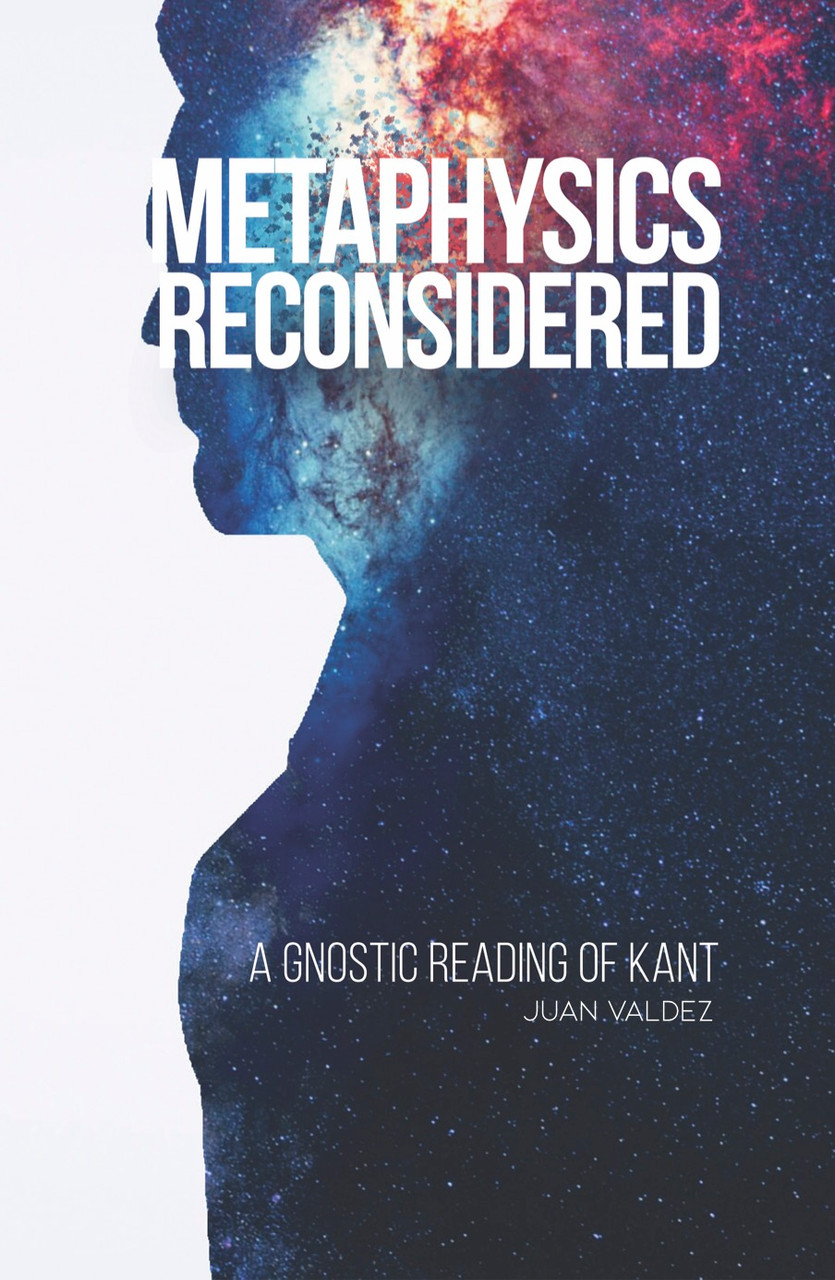Latest Updates

DEBRA: On the Unsupervised Learning of Concept Hierarchies from (Literary) Text
With this work, we introduce a novel method for the unsupervised learning of conceptual hierarchies, or concept maps as they are sometimes called, which is aimed specifically for use with literary texts...
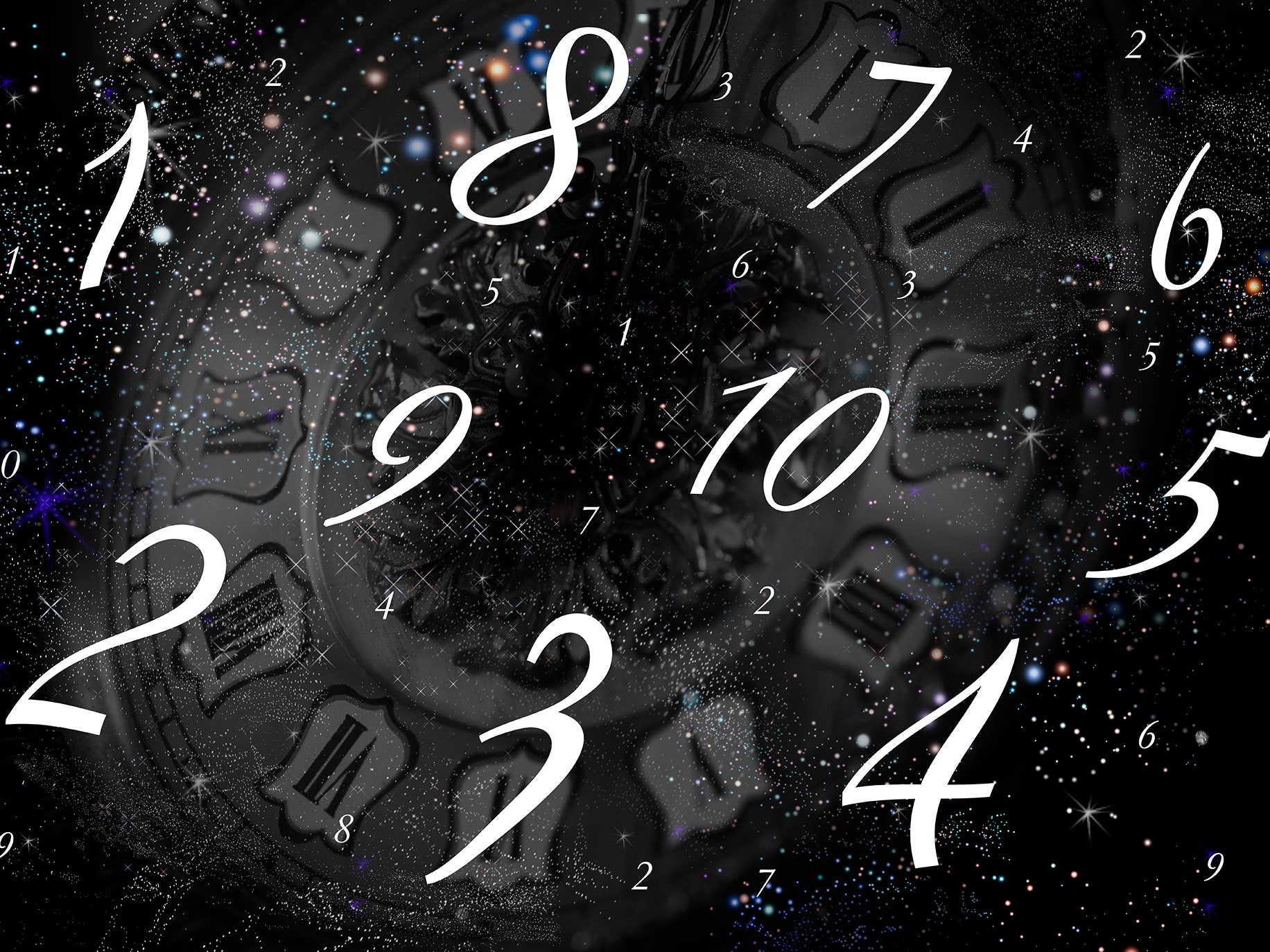
numbers and philosophy in antiquity (cont)
While it’s tempting to look at the sequences of the bāguà, again the “eight trigrams” or “eight gua”, which as far as the tradition goes represent the earliest form of the Yĭ Jing from which the system of the 64 hexagrams was…
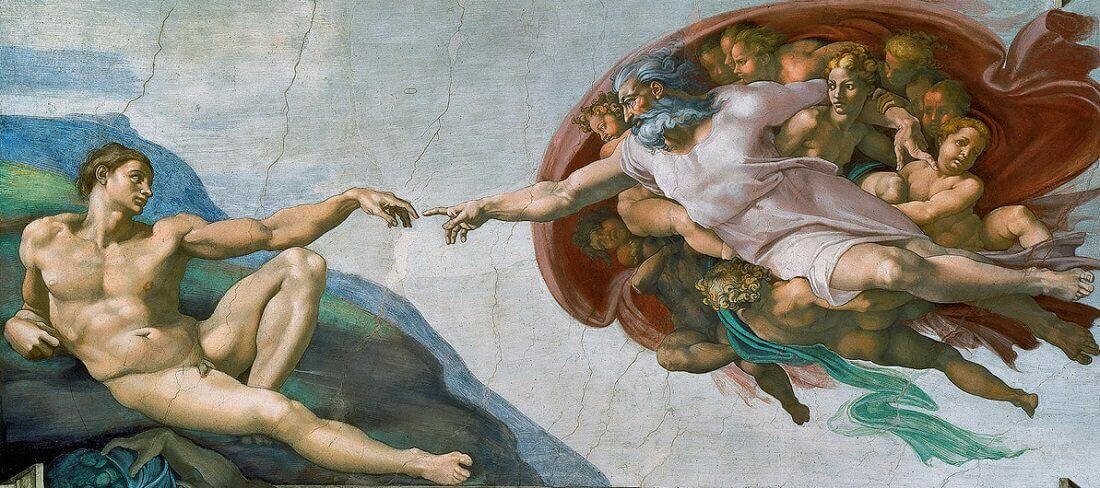
Master Carpenter at work
Unity of course, from which all existence emerges. Self created, out of the watery abyss of time itself. But the spirit of God created this world… Brahman, Yahweh, Allah, God…. He so many names. And as many of him as there are, there are…

The Word and the Light
But back to Genesis, what it’s telling us is that God and the Word are one. They are inseparable. Through this power that is vested in him, that is him, Heaven and Earth were created. Our universe was born through sound. Through vibration.
In…

Creation (Old School)
The oldest wisdom of the Abrahamic lineage, the Jewish heritage you might say, lies in the Old Testament, and for better or worse this is my heritage – one I share with Jewish, Christian and Muslim brethren around the world mind you. Genesis has…

Superman
There’s almost an echo back to those character defining events, a psychological structure forms out of those cooking chambers and leaves behind scars that become reference points for your state of being.
What forces are at play and how are…
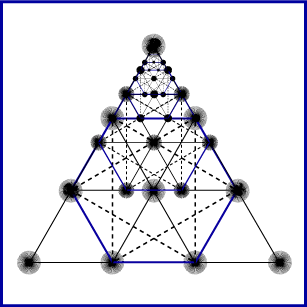
Numerology with Pythagoras
When looking for the origins of the theological study of mathematics within the Greek philosophical tradition we must of course start with Pythagoras (c. 570 – 490 BCE), whose strong connection to this field of study survives even to this…
Latest Books
Homo Mysticus: ex machina
Homo mysticus is a book about the science of mysticism, seen through the lens of ancient cosmogony and sacred geometry. This book connects the spiritual and the otherworldly to the practical and tangible in a refreshingly down-to-earth way. This book is a must-read for anyone interested in the subjects of both mysticism and science.
Metaphysics Reconsidered
This work sits at the tail end of a progression of studies into theology, mysticism, and philosophy which reaches its apex here philosophically. It builds off of the understanding of the (shared) foundations of theological, mystical, and philosophical knowledge from antiquity that we explore in Theology Reconsidered and Homo Mysticus that have…

